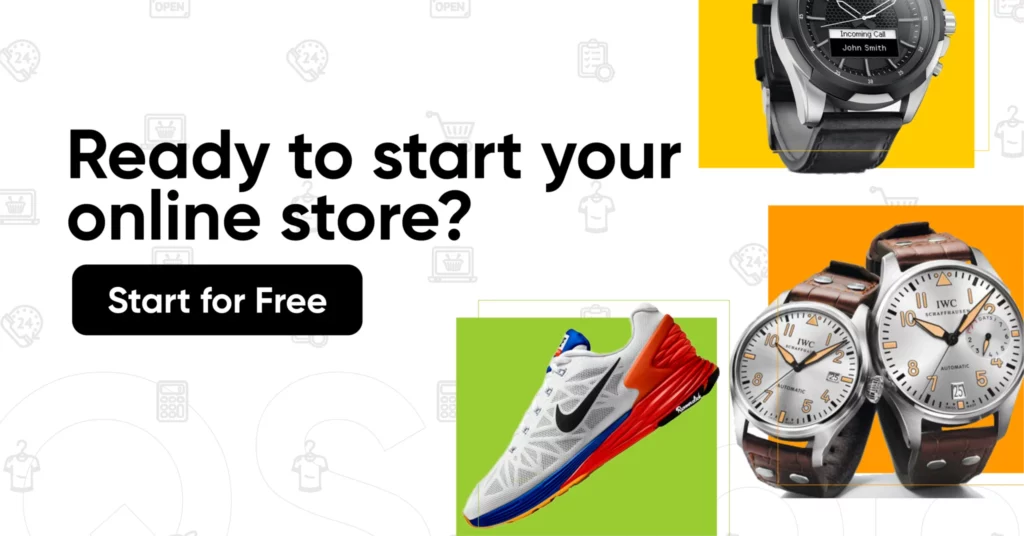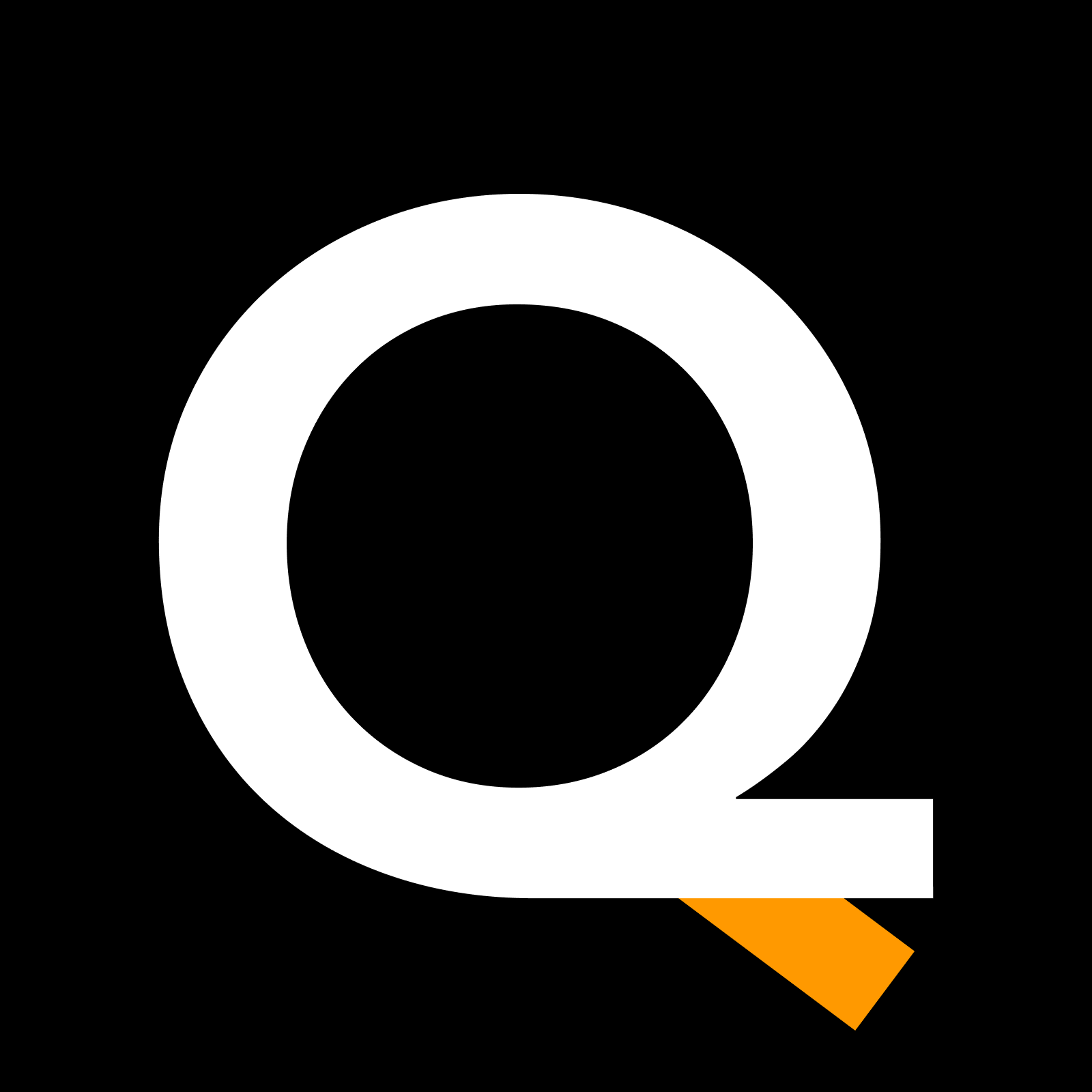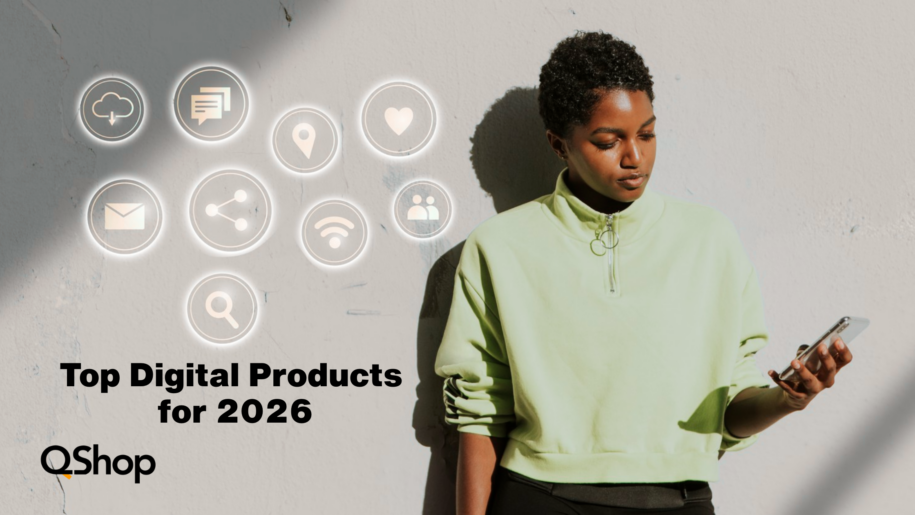E-commerce in Nigeria is growing fast, and Trending digital products you can sell online are one of the easiest ways to get in. Why? No shipping headaches, no huge startup costs, and you can deliver instantly. In this post, we’ll share 20 trending digital products Nigerians are already buying in 2026. Think of it as a shortcut to finding what actually sells. Whether you’re planning to sell on Instagram, WhatsApp, Jumia, or with your own website, these ideas can help you start today and grow from there. Let’s get into it.
JAMB/WAEC Prep E-books
Every single year, over a million students in Nigeria sit for JAMB, WAEC, and NECO. Parents are desperate for affordable and reliable study materials, and students want something they can access instantly without waiting for bookshops. That’s where digital exam prep guides shine. You can package them as PDFs, practice question banks, or even audiobooks for students who prefer to learn on the go. Depending on the depth of your material, you can sell them anywhere between ₦2,000 and ₦10,000. With exam prep being a never-ending market, this one never goes out of demand.
Online Courses
If you know how to do something that others want to learn. Whether it’s Forex trading, UI/UX design, or even how to monetize Instagram, you can turn that into an online course. Nigerians are spending big on digital skills because they want better income opportunities. You don’t need to overcomplicate things; even a well-structured Zoom training can count as a course. You can sell access from ₦10,000 to ₦50,000 depending on depth. It’s scalable, and it builds authority for you in your field.
Canva Templates
Business owners want to post on Instagram, but not everyone has time (or design skills). That’s why canva templates are another trending digital products because they solve that pain point. You can create beautiful, reusable templates for flyers, social posts, CVs, resumes, and even business proposals. Package them in a bundle and sell for ₦3,000–₦10,000. Every small business in Nigeria is looking for ways to “look professional” without hiring a designer, which makes this a hot digital product for 2026.

Stock Photos & Graphics
Original content is hard to find. If you’re a creative who loves photography, illustration, or AI art, you can package your work into stock photo packs or graphics bundles. Think Nigerian-themed stock images (traditional markets, Lagos street vibes, Afrocentric portraits) — something local creators and businesses are constantly searching for. You can list them on global marketplaces or sell directly via your QShop. Pricing works per bundle or per download, usually ₦5,000–₦15,000.
Digital Planners & Journals
The productivity wave is not slowing down. From students who want better study habits to professionals trying to stay organized, digital planners are in demand. You can design them in Notion, Canva, or even as interactive PDFs. Think budget trackers, fitness planners, wedding planners — anything that helps people organize life. These sell from ₦3,000 upwards, and because it’s digital, one template can serve hundreds of customers.
Social Media Content Packs
Not every small business owner has time to think of captions or design graphics. That’s why content packs sell. You can create bundles of ready-made Instagram posts, captions, or reels scripts for specific niches like fashion, food, or tech. Business owners just download, tweak, and post. These packs can go from ₦5,000–₦20,000 depending on how loaded they are.
Printables for Kids
Parents are always looking for engaging ways to keep their kids busy (especially during holidays). Printables like alphabet sheets, coloring books, math worksheets, or even activity trackers are simple to design on Canva or Illustrator. Once parents buy, they print at home or use digitally. Price them at ₦1,500–₦5,000, and watch the sales add up.
Resume & CV Templates
The Nigerian job market is tough, and people want CVs that stand out. If you know design, you can create professional CV templates that job seekers can edit in Word or Canva. Throw in a matching cover letter template, and you’ve got a hot product. These typically sell for ₦2,000–₦7,000. If you want to charge more, you can bundle multiple styles.

Digital Music & Beats
This is yet another trending digital products you can sell online, if you’re a creatives who produce music or beats, this is a money-maker. Artists, YouTubers, and even podcasters are always searching for original soundtracks. Sell beat packs or license your music for content creators. Pricing can range from ₦10,000 for simple beats to ₦100,000+ for exclusive rights. The beauty is, you create once and resell multiple times.
Fitness & Meal Plans
Health is big business in Nigeria right now. From weight-loss plans to gym workout guides to diet plans for people with health conditions, Nigerians are paying for digital solutions. If you’re into fitness or nutrition, create structured guides or even subscription-based plans. Prices range from ₦5,000–₦30,000 depending on how detailed your package is.
Photography Presets
If you’re into photography or editing, you know how powerful Lightroom presets are. Many people want that “aesthetic” look on their Instagram feeds but don’t know how to edit. Sell preset packs (for food, lifestyle, weddings, travel, etc.) that people can apply instantly. You can price bundles from ₦3,000–₦15,000.
Business Proposal Templates
Every entrepreneur eventually needs to pitch — to investors, banks, or clients. You can make polished proposal templates in Word, Google Docs, or Canva that people can easily edit. With Nigeria’s startup boom, this is in demand. Pricing usually goes from ₦5,000–₦25,000 depending on how premium your design looks.
NFT Art & Digital Collectibles
Web3 isn’t dead — it’s just evolving. Digital art and NFTs are still valuable assets, especially if you have a unique art style. You can mint your art and sell it on marketplaces like OpenSea or even package digital collectibles for communities. Prices vary wildly, but the key is building a niche audience that vibes with your work.
Digital Magazines & Newsletters
If you love writing and curating content, digital magazines or subscription-based newsletters are a great product. Cover niches like lifestyle, business, fashion, or entertainment. Nigerians are used to paying for “exclusive gist” or insights. You can sell monthly issues at ₦1,500–₦5,000 or build a subscription model.
Stock Video Clips
Video content is exploding. Businesses and creators need B-roll footage, especially Nigerian-themed clips (markets, traffic, local culture). If you can shoot or create high-quality videos, package them into stock libraries. Pricing works per clip (₦5,000–₦20,000) or as a bundle deal.
Online Membership Communities
Sometimes the product is not a file, it’s access. Nigerians love community and that’s what make online communities another trending digital products. You can create a paid WhatsApp, Telegram, or Discord group around a niche (Forex signals, skincare routines, business growth, or even parenting tips). Charge monthly fees from ₦3,000–₦20,000 per person, and deliver consistent value.
Language Learning Resources
With people migrating abroad, learning new languages is trending. You can create flashcards, mini-courses, or guides to learn French, German, or even Yoruba for foreigners. Pricing can range from ₦2,500 for simple resources to ₦50,000 for a full digital course.
Templates for Small Businesses
From invoice templates to budget sheets to social media calendars, small businesses need ready-to-use tools. Package them into easy-to-edit Excel or Google Sheet files. Pricing is usually ₦3,000–₦10,000 depending on the pack size.
Voiceovers & Audio Services
If you’ve got a good voice, you can turn it into a digital product. Record voiceovers for ads, audiobooks, jingles, or explainer videos. Sell packages per minute of audio or per project. Pricing depends on length and usage but can start from ₦5,000 upward.
Digital Event Tickets & Access Passes
This one is underrated. If you host webinars, online concerts, or training sessions, the ticket itself is a digital product. Use platforms like QShop to sell tickets directly. Price ranges can be ₦2,000–₦50,000 depending on the value of the event.
How to Sell These Trending Digital Products Online
Selling digital products in Nigeria doesn’t have to be complicated. What buyers really want is ease, trust, and accessibility and that’s exactly what platforms like QShop is built for. With just a few steps, you can turn your ideas into sales. Here’s how:
1. Set Up Your QShop Store
Head over to QShop.tech and create your free online store.
Upload your digital products (ebooks, templates, videos, or audio).
Qshop automatically delivers your product the moment someone orders
2. Price Smartly
- ₦2k–₦6k (Entry Level): Quick wins like ebooks, templates, or checklists.
- ₦10k–₦35k (Mid-Tier): Courses, toolkits, or premium guides.
- ₦50k+ (Premium): Memberships, bundles, or coaching.
Pro tip: Use QShop’s coupon feature to create urgency with early-bird pricing or flash discounts.
3. Make Payments Easy
QShop supports bank transfers (still the #1 method in Nigeria), cards, USSD, and even USD payments for your diaspora buyers.
There’s also a backup invoice link feature to reduce failed payments, so fewer abandoned carts.

4. Promote Everywhere
Drop your QShop links on Instagram, WhatsApp, TikTok, or X.
Create short Reels like: “Before vs. After using my CV template” to show value.
Pin your store link in your bio or WhatsApp Community for quick access.
5. Bundle for More Value
People love bundles. For example:
“Job Seeker Pack” = CV template + Cover Letter + LinkedIn Guide.
You can even upsell: “Add a 30-min consult for ₦10k” right at checkout.
6. Automate Everything
Once a customer pays, QShop delivers instantly.
Send a simple “Read-Me-First” PDF so they know how to get started.
Offer free updates (like v1.1 of a guide) to build loyalty.
7. Build Trust with Proof
Post testimonials from Nigerians who got results.
Example: “This CV template got me three interviews in two weeks.”
Show quick-start demos so buyers see results faster.
Why Digital Products Are the Future in Nigeria
Nigeria’s e-commerce market, valued at over $10 billion in 2023, is projected to grow at double-digit rates through 2026 (Mordor Intelligence). Digital products are uniquely positioned—no inventory costs, instant scalability, and global reach. With 220 million people, rising internet penetration (mid-40% in 2024), and a mobile-first population, the market is ripe. Start with one of these 20 ideas, leverage QShop’s seamless platform, and tap into Nigeria’s digital goldmine. The time to act is now.


